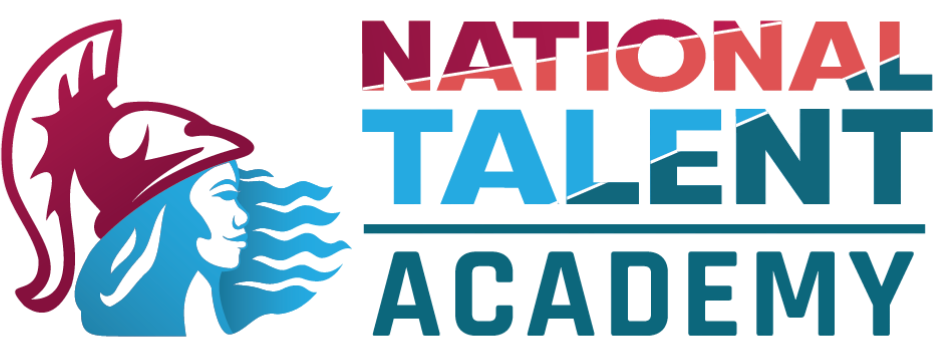The State of Personal Development Education in FE Colleges
Nov 22
/
Craig Hendleman
We recently surveyed FE Colleges to provide a response to the Curriculum and Assessment review for DfE. We engaged in insightful conversations with Further Education (FE) Colleges, facilitated through a questionnaire distributed by the Association of Colleges that was completed by a number of FE Colleges nationwide, including two partner colleges of National Talent Academy, South Essex and Chelmsford College to find out exactly what educators think about the current state of play and what needs to change.
The findings showed a clear commitment to providing high quality personal development education though there are significant challenges and opportunities for improvement and we are happy to share those findings with you today.
Current State of Personal Development Education in FE Colleges
Existing Provision:
Existing Provision:
• Delivery Time: Personal development education is primarily delivered during planned non-qualification time, approximately 80 hours per year.
• Activities: These sessions include tutorials, employability skills, independent studies, and group activities, with excellent attendance and engagement.
• Delivery Challenges: Non-specialist teachers often handle these sessions, but they frequently lack the confidence to address more challenging topics.
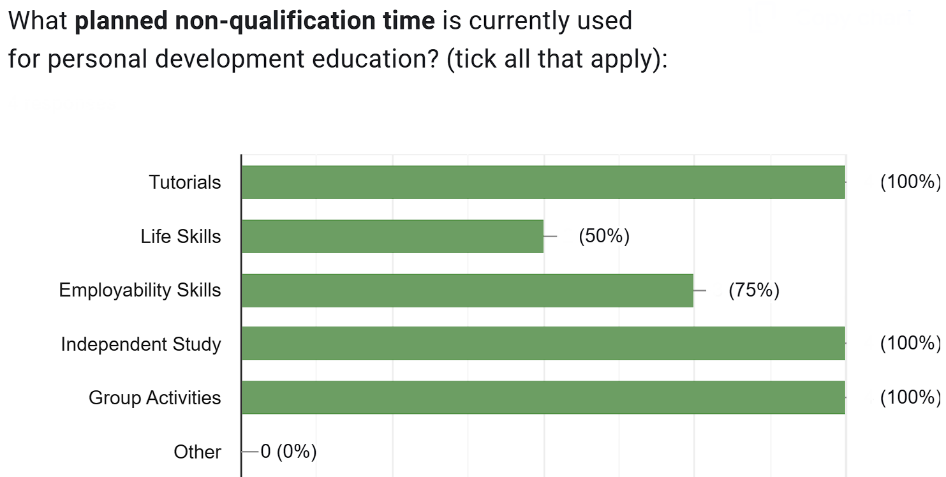
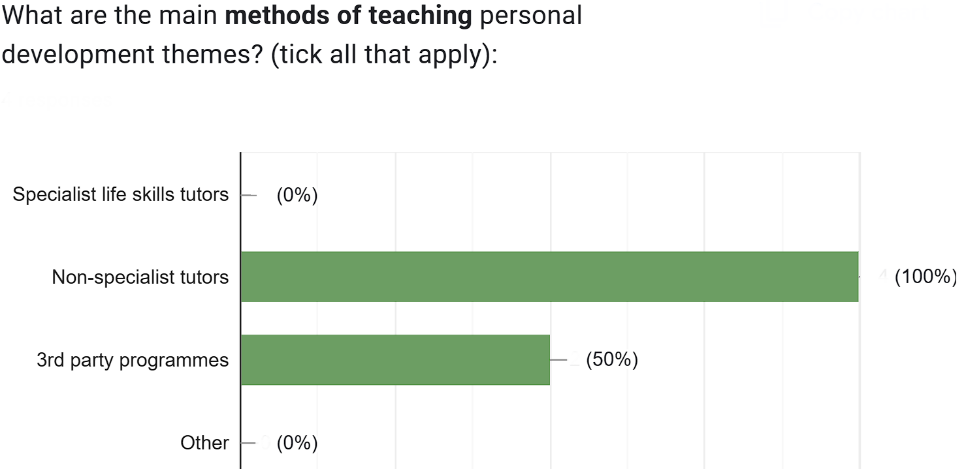
Tutor Needs and Feedback
• Training Gaps: Confidence and training gaps are a recurring theme. Tutors express a strong desire for additional resources and specialist training to enhance the quality of their delivery.
• Funding Needs: Colleges are calling for more funding to invest in personal development specialists, which would ensure consistency and quality in education.
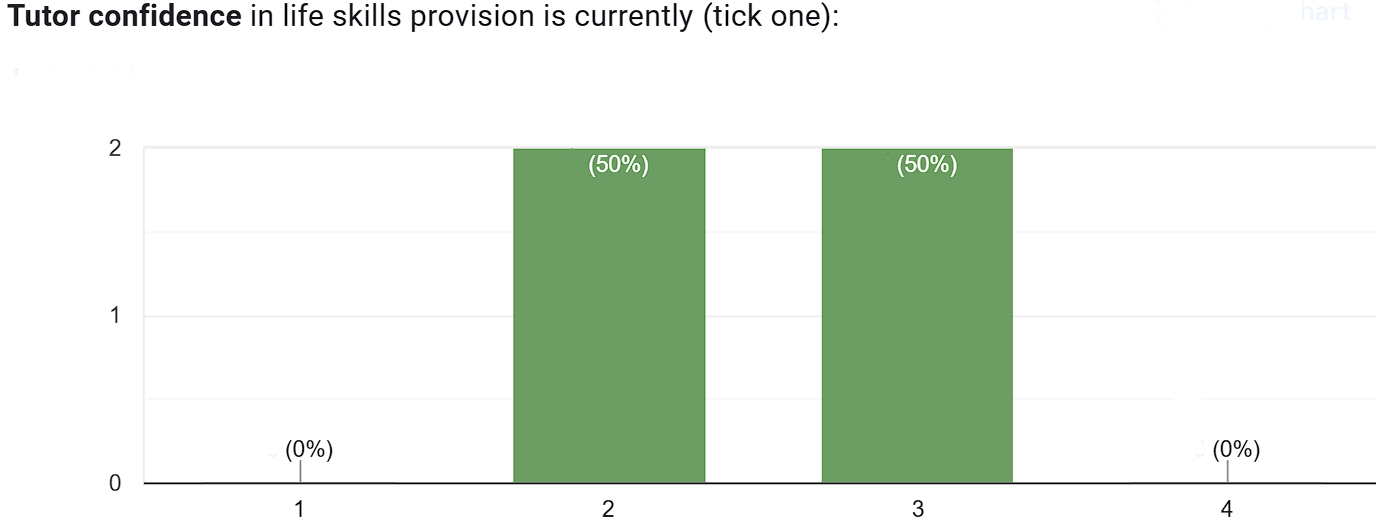
Learner Engagement and Feedback:
• Positive Feedback: Learners appreciate life skills education, especially sessions on budgeting, independent living, and statutory topics like British Values. Enrichment workshops and sessions with external experts are also well-received.
• Positive Feedback: Learners appreciate life skills education, especially sessions on budgeting, independent living, and statutory topics like British Values. Enrichment workshops and sessions with external experts are also well-received.
• Negative Feedback: Challenges include maintaining learner interest, retaining and training delivery staff, and ensuring that topics like financial literacy and career preparation meet learner expectations.

Requests from Learners:
• Differentiated Approach: Learners are asking for a more differentiated approach and practical, adulthood-focused topics, including mortgages, taxes, and financial health.
• Differentiated Approach: Learners are asking for a more differentiated approach and practical, adulthood-focused topics, including mortgages, taxes, and financial health.
• Life Transitions: There is a strong demand for content that better prepares learners for life transitions and adult responsibilities. First aid and driving theory were also mentioned as desired topics.

Innovative Practices and Suggestions:
Online Tools:
Online Tools:
• Colleges are experimenting with online tools to record, manage, and evidence non-academic activities, such as assessing starting points and tracking progress.
Targeted Sessions:
• Awareness days and additional personal development sessions have been introduced for targeted groups, utilizing online platforms for delivery.
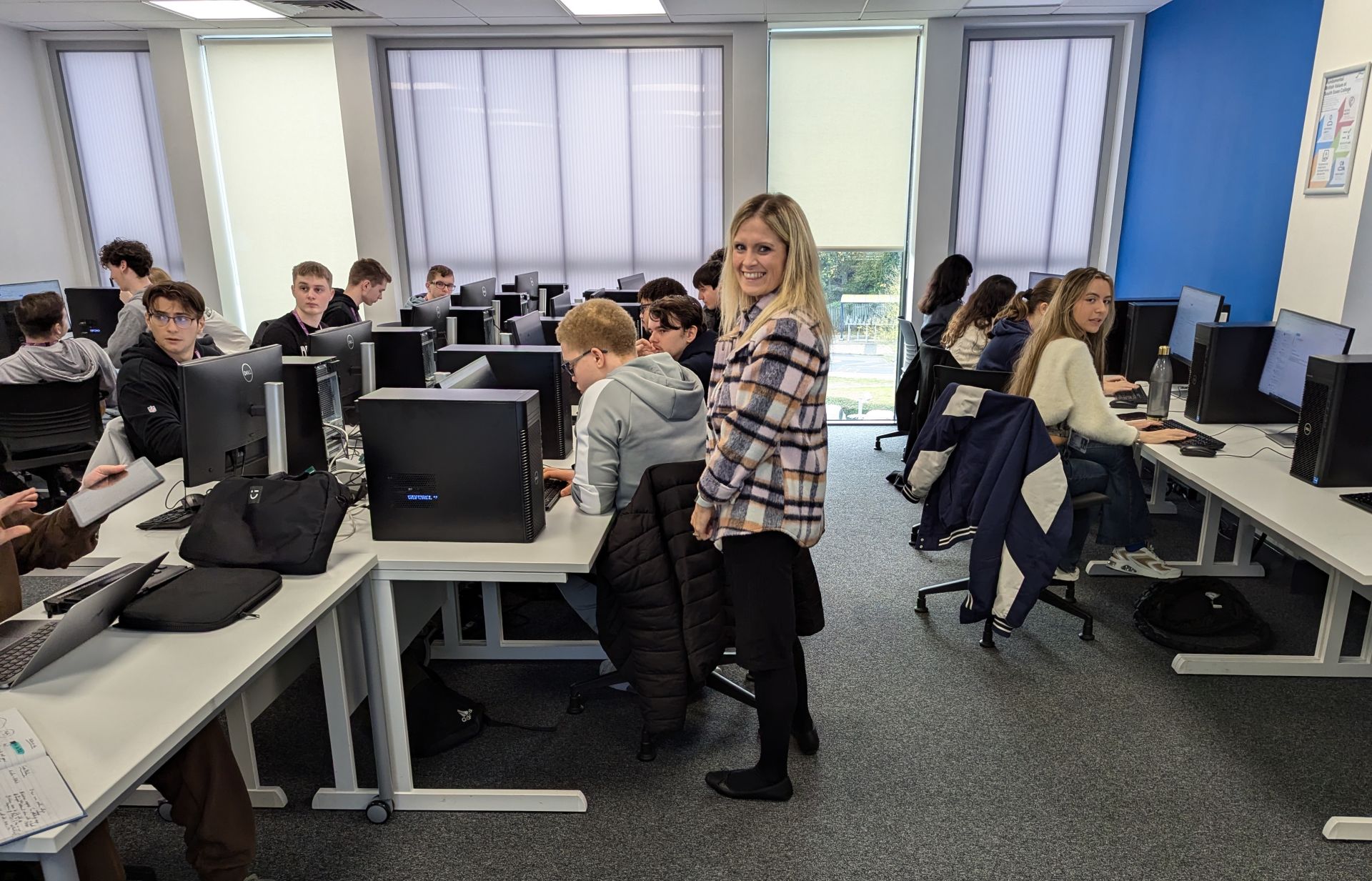
Vision for Transformation:
Standardised Curriculum:
• A standardised, knowledge-level curriculum for personal development would address consistency and quality issues across colleges.
Standardised Curriculum:
• A standardised, knowledge-level curriculum for personal development would address consistency and quality issues across colleges.
Tailored Pathways:
• Tailored personal development and life skills pathways linked to specific career goals, such as apprenticeships, could significantly enhance the relevance and impact of these programs.

Conclusion
In conclusion, the state of personal development education in FE colleges, as highlighted by our discussions with South Essex College, Chelmsford College and others, presents a landscape ripe with both challenges and opportunities. While the commitment to personal development is evident, the need for more specialised training and resources for educators is crucial to enhance delivery quality. Learners' feedback underscores the value they place on life skills education, yet also points to the necessity for more practical, adulthood-focussed topics.
Innovative practices, such as the use of online tools and targeted sessions, show promise in addressing these needs.
Moving forward, a standardised curriculum and tailored pathways linked to career goals could significantly elevate the relevance and impact of personal development education.
By addressing these areas, FE colleges can better prepare their learners for the complexities of adult life and the evolving job market, ensuring they are equipped with the essential skills for future success.
In conclusion, the state of personal development education in FE colleges, as highlighted by our discussions with South Essex College, Chelmsford College and others, presents a landscape ripe with both challenges and opportunities. While the commitment to personal development is evident, the need for more specialised training and resources for educators is crucial to enhance delivery quality. Learners' feedback underscores the value they place on life skills education, yet also points to the necessity for more practical, adulthood-focussed topics.
Innovative practices, such as the use of online tools and targeted sessions, show promise in addressing these needs.
Moving forward, a standardised curriculum and tailored pathways linked to career goals could significantly elevate the relevance and impact of personal development education.
By addressing these areas, FE colleges can better prepare their learners for the complexities of adult life and the evolving job market, ensuring they are equipped with the essential skills for future success.
About our Partner Colleges
South Essex College:
The largest provider of technical and vocational education and training for 16-18 year olds, adults, and apprenticeship provision within Essex.
Chelmsford College:
A general Further Education college offering a variety of vocational and professional courses.
At the National Talent Academy, we are committed to supporting these institutions by providing endorsed online courses for essential work skills. Our partner colleges, including South Essex College and Chelmsford College, have provided valuable insights that will help shape the future of personal development education in FE colleges.
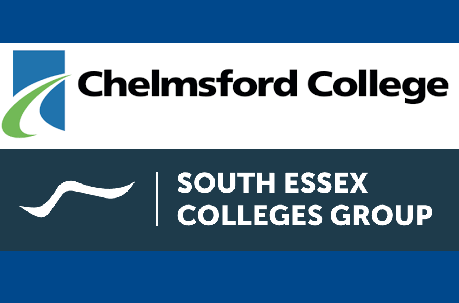
About National Talent Academy
National Talent Academy provides colleges with four self-paced online units for Study Programmes (16-19) and Adults (19+) leading to an NCFE accredited Level 3 Award in Essential Work Skills.
Our four units cover Portable Skills, Financial Literacy, Public Speaking and Developing a Winning Mentality.

Copyright
-
The Futureproof Careers Framework and all associated images is protected by a Creative Commons Attribution-NonCommercial 2.0 Generic (CC BY-NC 2.0) International Public License. Copyright © David Jaffa 2023
Get in touch
-
National Talent Academy Limited, 3rd Floor, 1 Ashley Road, Altrincham, Cheshire,
WA14 2DT
Registered in England No 16611619
hello@nationaltalent.org
